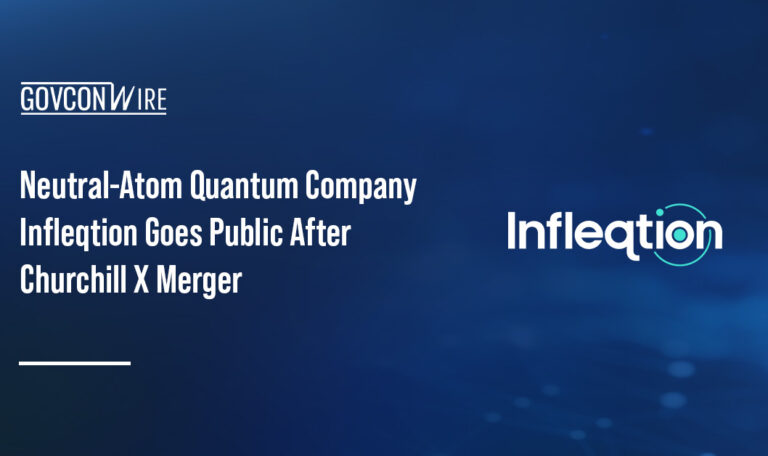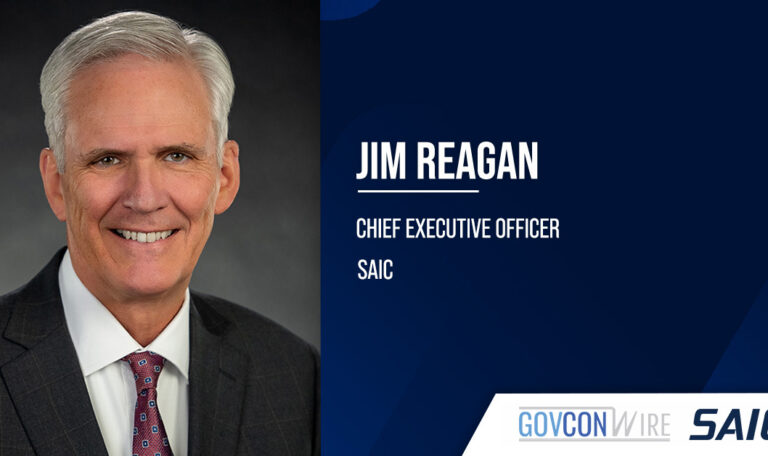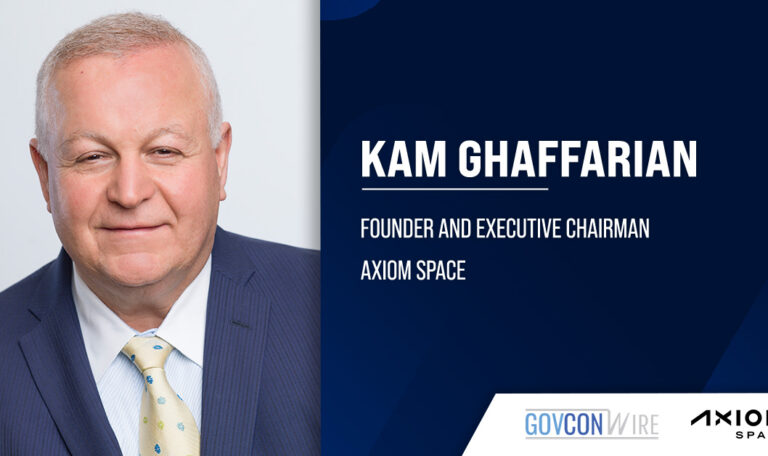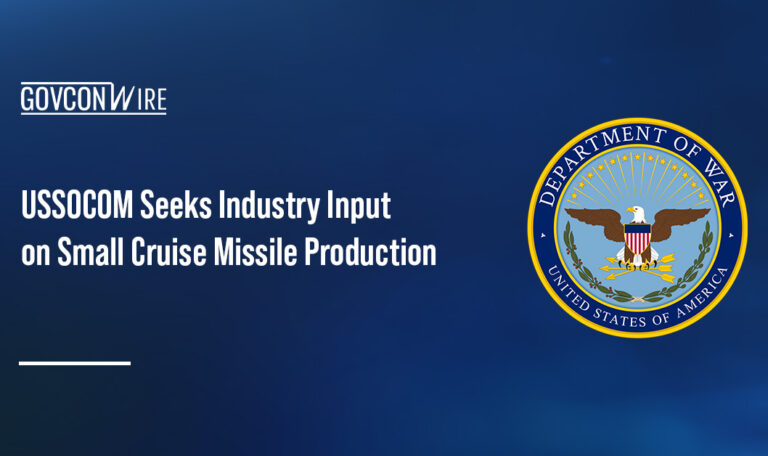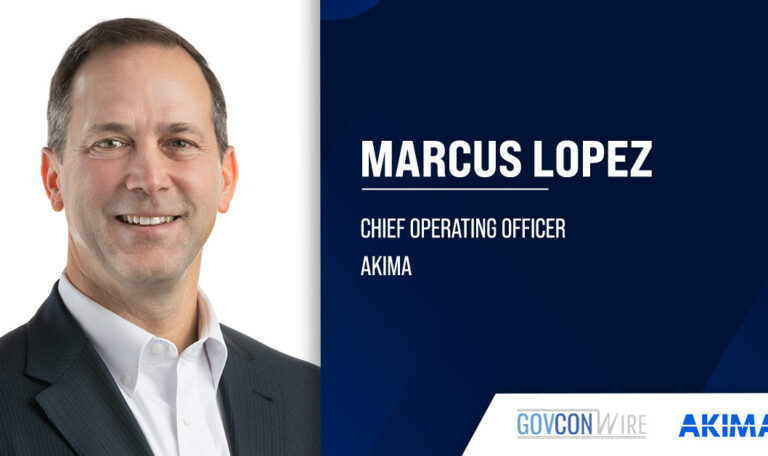“The U.S. Space Force has awarded Astrion’s Axient subsidiary a position on the second iteration of the Space Test Experiments, or STEP, program to design and field emerging technology experiments in orbit.
Astrion said Wednesday Axient and 11 other awardees will compete for task orders under the 10-year, $237 million STEP 2.0 contract to develop modular satellites and integrate them with experimental payloads, enabling the Space Force to perform tests on emerging tech platforms in orbit.
“We’re proud to partner with USSF as it accelerates space innovation to advance our national security objectives,” said Dan Benjamin, executive vice president and general manager for space at Astrion.
“We look forward to this opportunity to build on our space integration history delivering our extensive experience, bold ideas, and unmatched execution in support of STEP 2.0,” Benjamin added.
In September, Astrion acquired Axient to expand its capabilities and help defense and civilian agencies address critical challenges across systems engineering, digital, mission support and cybersecurity areas.

Learn more about the latest contract opportunities, defense tech capabilities and trends at the 2025 Air and Space Summit on July 31. Save your spot now for this Potomac Officers Club-hosted event.
What Is STEP 2.0?
STEP 2.0 is a multiaward, indefinite-delivery/indefinite-quantity contract that seeks to leverage commercial innovation to advance military space technology, streamline processes and reduce costs.
In May, the Space Force awarded the IDIQ contract, which is being administered by the Space Test Program within Space Systems Command.
In addition to Axient, other vendors that secured spots on the STEP 2.0 contract are Blue Canyon Technologies, General Atomics, Lockheed Martin, Loft Orbital Federal, Lynk Global, Orbit Systems, Spire Global Subsidiary, Turion Space, Tyvak Nano-Satellite Systems, Utah State University Space Dynamics Lab and York Space Systems.
The first STEP 2.0 delivery order is expected to be issued in January.




